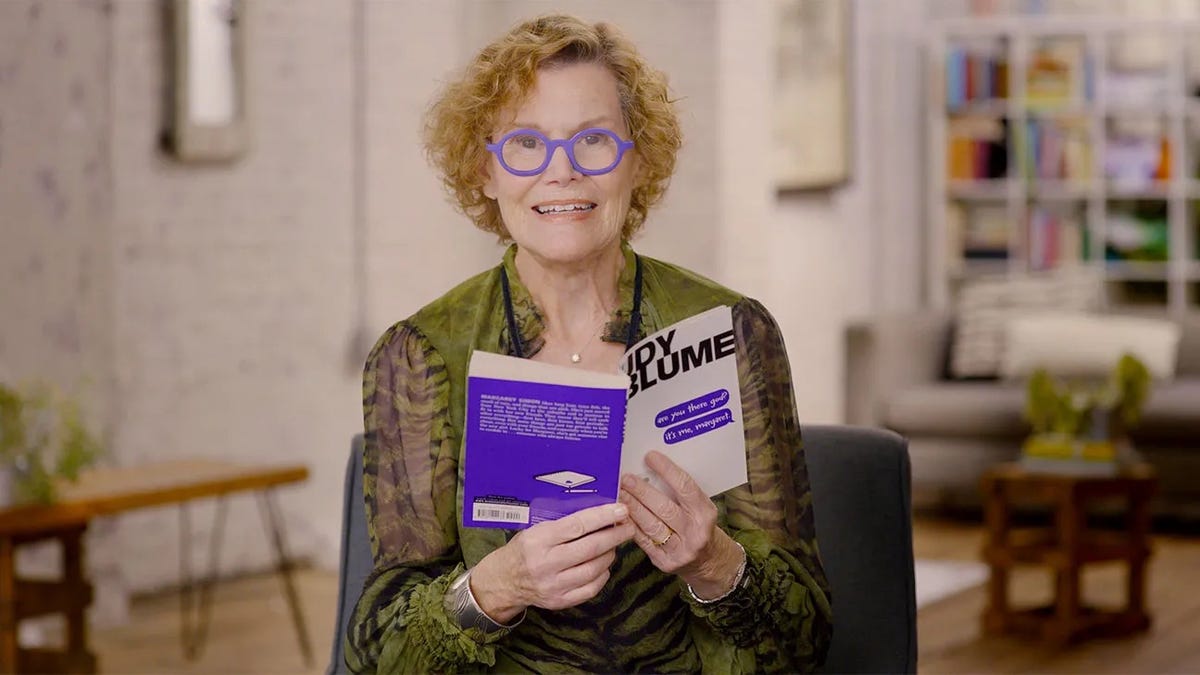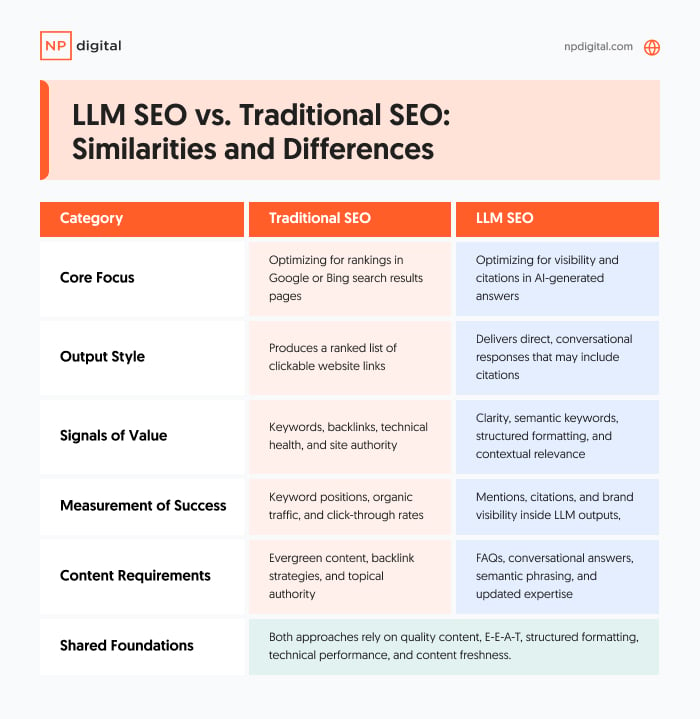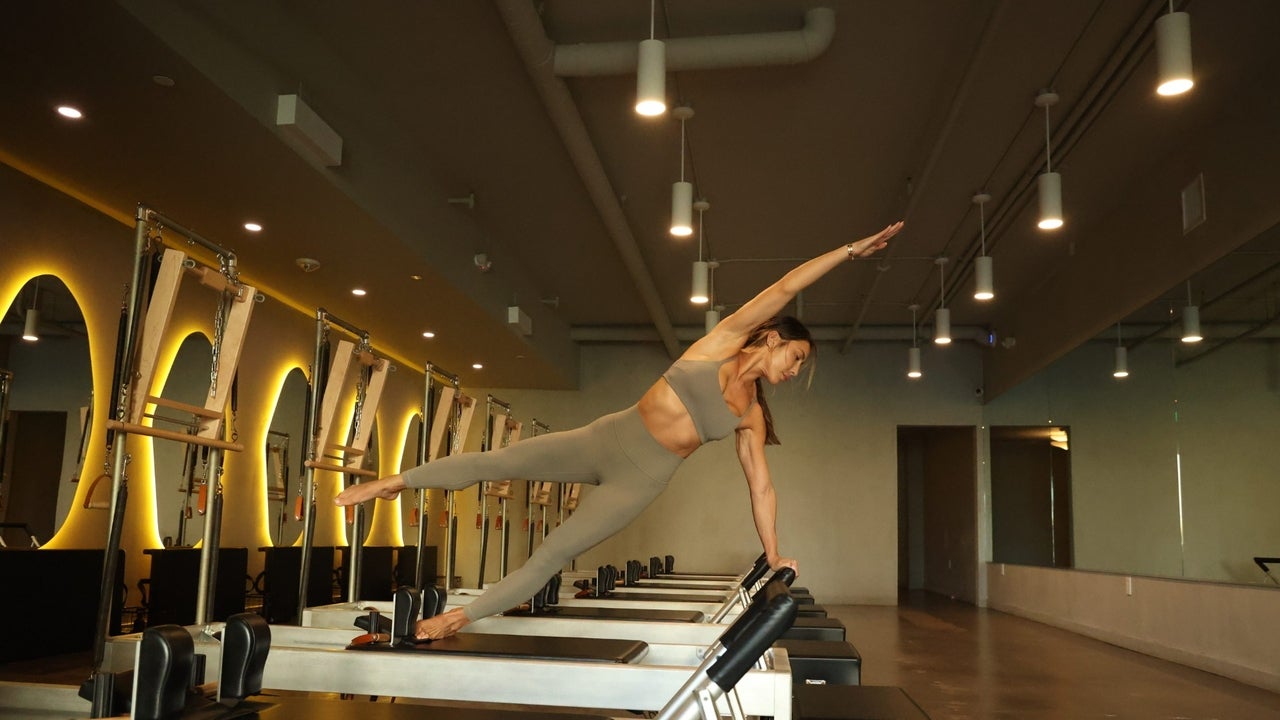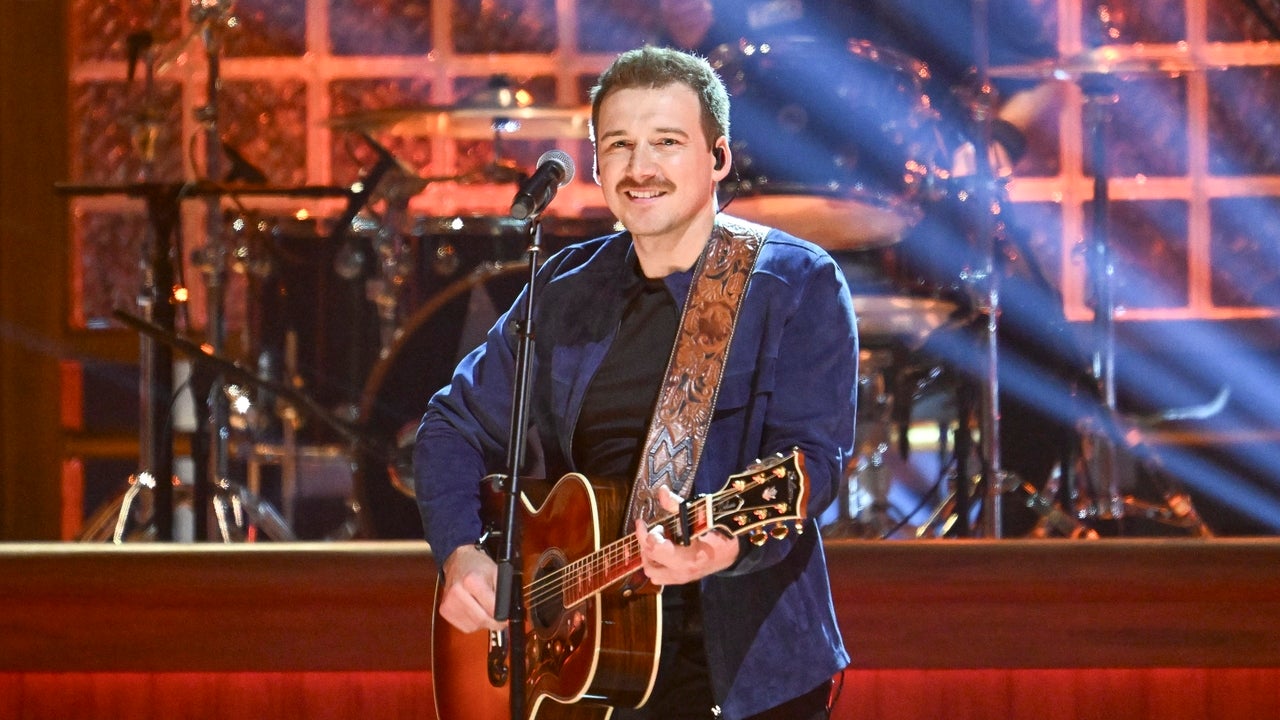The Best Prime Video Original Movies
Though streaming movies remain controversial among cinema’s big thinkers (and money-makers), Amazon has managed a fairly impressive run of films that have broken through not merely in terms of viewership, but in the broader world of movie awards—more than...

Though streaming movies remain controversial among cinema’s big thinkers (and money-makers), Amazon has managed a fairly impressive run of films that have broken through not merely in terms of viewership, but in the broader world of movie awards—more than one of the movies listed below has shown up among a given year’s Best Picture Oscar nominees.
In order to get there, many of these films had very limited theatrical windows, typically to satisfy the technicality that requires a movie to have premiered in a theater in order to qualify for the biggest awards. So when we talk about Prime Video originals, we’re including movies that were produced by Amazon in some capacity and made primarily for Prime Video, even if they played in theaters for a week or two.
Red, White, and Royal Blue (2023)
Queer people deserve dorky rom-coms as much as anybody else, and Red, White, and Royal Blue (from the Casey McQuiston bestseller) more than fits the bill. Taylor Zakhar Perez plays Alex Claremont-Diaz, son of the United States President (Uma Thurman) against Nicholas Galitzine’s Prince Henry, spare heir to the British throne. A public spat between the two sets off an international incident which, naturally, leads to a slow-burn romance and a couple of mildly spicy sex scenes.
Black Power: A British Story of Resistance (2021)
For Americans with an increasingly tenuous grasp on our own history of Black power and the civil rights movement, it might seem an advanced lesson to look to Britain during the 1960s and 1970s, but that history, important in its own right, is instructive in the ways in which the history of the struggle dovetails with, and diverges from, that of the United States. Oscar-winning filmmaker Steve McQueen is the executive producer of this BBC co-production, while Daniel Kaluuya narrates a story of impressive complexity: the movie isn’t just about the heroes and triumphs of the movement, but about the roads not taken, and the moments when events spiraled out of control.
The Big Sick (2017)
This was the moment that Kumail Nanjani made clear he had talents other than comedy, even if his subsequent graduation to Marvel movies isn’t even remotely an improvement over something like The Big Sick, which he also co-wrote with Emily V. Gordon. The film is based on their relationship and follows a Pakistani-American stand-up comedian and a white psychology student whose very new relationship is complicated when Emily becomes unexpectedly ill. It’s smart and funny, avoiding schmaltz in favor of a healthy cynicism and sense of humor, even as the film is frequently heartbreaking.
The Vast of Night (2019)
Director Andrew Patterson made a wildly confident debut with this film that takes us back to the 1950s, to a small town in New Mexico on the night of the big basketball game. A young local disc jockey, Everett (Jake Horowitz) and his best friend, local switchboard operator Fay (Sierra McCormick) are caught up in a series of bizarre events that begin when Everett’s show is interrupted by a strange signal. The premise involves any number of UFO-movie cliches, but none of that is really the point: The film has a phenomenal visual flair, and makes the typical alien invasion stakes feel deeply personal for this small town.
Judy Blume Forever (2023)
The documentary covers Judy Blume’s life, and a half-century career that’s included such triumphs as Are You There God? It’s Me, Margaret (1970), Tales of a Fourth Grade Nothing (1972), and Blubber (1974), to name a few. If that were all it were, it would be worth it, and it’s a joy to hear insights from Blume herself. The timing couldn’t be better, though, given Blume’s hard-earned reputation for covering subjects once (and often still) not considered fit for young adult audiences: menstruation and puberty, divorce, molestation, and what we’d now call body dysmorphia. Given the current culture of hostility toward libraries, Blume’s trajectory isn’t merely fascinating, it’s essential.
Lucy and Desi (2022)
Released in the wake of Aaron Sorkin’s Desilu drama (see below), Amy Poehler’s documentary takes an intimate look at one of Hollywood’s great power couples, with a focus on their fiery personal lives. Though it seems as though there wouldn’t be much left to be said about Lucy and Desi, Poehler makes extensive use of never-released recordings, and with the full cooperation of the estate. That kind of family seal of approval can be a mixed blessing, but nothing here feels safe or watered-down. It’s an insider look at the events and emotions going on behind the scenes while the two were crafting TV’s most popular show and running the production powerhouse Desilu.
Being the Ricardos (2021)
Stepping back for the Oscar-nominated Aaron Sorkin docudrama, the focus here is on the critical period early in the run of of I Love Lucy, circa 1953, when Ball was under investigation for potential communist ties. It feels like a play in many ways, but the two leads are great: Javier Bardem captures Desi’s business acumen and undeniable charisma, making clear both the positive and negative impacts that charm had on his personal life. Nicole Kidman doesn’t do a straight-up Lucy impression, and the movie is the better for it; while she doesn’t necessarily capture that distinctive comic styling, she’s impeccable as the more serious, mature, behind-the-scenes Lucy.
Get Duked! (2019)
Probably my personal favorite of the films on this list, this dark British comedy finds a group of slacker students dropped off in the Scottish highlands in pursuit of the Duke of Edinburgh Award (a real thing), requiring them to navigate the landscape with no more than a paper map. The teens are soon pursued by hunters (Eddie Izzard’s involved) who’ve come to appreciate the opportunity to cull the louder, more ungrateful kids. Utterly ill-prepared for nature, much less for fleeing from serial killers, the kids face complications that pile up in increasingly, and genuinely, gasp-worthy ways. With its mix of class commentary and wild sense of humor, it’s like a stoner Triangle of Sadness, but at a much more reasonable length.
The Tomorrow War (2021)
Solidly entertaining, if largely forgettable, The Tomorrow War is a reasonable choice when you’re looking for sci-fi action that doesn’t require a ton of brainpower. The movies’ third- or fourth-favorite Chris (Pratt) plays a biology teacher/former Green Beret who finds himself drafted in 2022...to fight a war against aliens in 2048. Pratt is fine, but Sam Richardson steals the movie as a nerdy scientist and fellow draftee, blending a comic relief role with real emotion. With a $200 million budget, this has been one of the most expensive of the COVID-era movies to debut on streaming, and a sequel is maybe on the way.
Uncle Frank (2020)
Alan Ball (Six Feet Under, True Blood) directs this 1970s period piece starring Paul Bettany as a closeted gay man roadtripping with his 18-year-old niece (Sophia Lillis), and surprised when his partner of a decade, Wally, joins them on the road (Peter Macdissi). The resulting complications set up some poignant drama, but the movie doesn’t lack a sense of humor either; it’s as much about broader family dynamics as it is about secrets and the closet. The three primary cast members are all pretty fantastic, and it’s nice to be reminded that Bettany is more than just Marvel’s Vision.
Master (2022)
The phenomenal Regina Hall stars in this masterful psychological thriller as Gail Bishop, the first Black master of Ancaster, a fictional elite New England university. The school is haunted by the 1965 suicide of its first Black undergraduate, and strange doings are soon afoot involving Bishop and new freshman Jasmine Moore (Zoe Renee), a Black student working hard to fit in with the school’s clique of rich white girls. The narrative shifts in unpredictable ways, leaving us as off-balance as the lead characters. The screenplay’s abundant ideas don’t always get the development that they deserve, but the finished product is nevertheless appropriately haunting.
Sound of Metal (2019)
A movie about a heavy metal drummer slowly losing his hearing could easily have been excessively on-the-nose, but Sound of Thunder avoids the obvious traps to finds the heart and fury in the lead character of Ruben Stone, played by Riz Ahmed. He’s joined by Paul Raci playing Joe, an alcoholic war veteran who runs a shelter for deaf addicts; both actors received well-earned Oscar nominations for their work, and the film was nominated for Best Picture. The film is perfectly content to challenge assumptions about deafness, but the understated character piece never feels like a lecture.
Time (2020)
This documentary takes a look at the American prison-industrial complex from a deeply personal vantage point. It’s the story of Sibil Fox Richardson, fighting for the release of her husband, Rob, who is serving a six-decade prison sentence in Louisiana for his role in an armed robbery. Director Garrett Bradley at first planned a short film on the story of the family, but after getting access to hours and hours of home video of Rob in his pre-incarceration life, realized she had something much deeper on her hands. I’m not sure that there’s a more concise or persuasive argument for the dehumanizing nature of our incarceration system, nor is it easy to come away from the film still thinking of prisoners as something other than humans worthy of your compassion.
One Night in Miami... (2020)
Actress Regina King had a fair bit of experience directing television before taking on this, her first feature directorial project, and it’s an undeniably impressive debut. From a 2013 play by Kemp Powers (who also wrote the screenplay), the film offers a speculative look at a real-life meeting of four of the twentieth century’s most prominent figures at the Hampton House Motel in Florida in 1964.Kingsley Ben-Adir, Eli Goree, Aldis Hodge, and Leslie Odom Jr. star as Malcom X, Muhammed Ali (Cassius Clay at the time), Jim Brown, and Sam Cooke as the four debate and discuss their own roles in the Black power and Civil Rights movements, while also hashing out their own demons and the demands of their lives as role models. Its origins as a play are clear, but the powerhouse performances, and King’s confident direction, bring tension and power to the story.
You Were Never Really Here (2017)
It sounds like a spin on John Wick: Joaquin Phoenix plays a mercenary just named Joe, hired by a politician to retrieve his kidnapped daughter, and to eliminate the criminal network that took her. Writer/director Lynne Ramsey (Ratcatcher, Morvern Callar, We Need to Talk About Kevin), though, has something deeper and darker in mind, and the resulting film feels less like an action thriller then it does an impossibly tense spin on Taxi Driver, with Phoenix and Ekaterina Samsonov as the young girl involved in a story about facing lifelong trauma rather than than solving problems with bullets.
I Am Not Your Negro (2016)
At the outset of this Samuel L. Jackson documentary, and in his own words, James Baldwin reframes the question of Black civil rights and progress in America as not predominantly a Black issue, but instead one on which the future of the country rests. It’s a key distinction, and one that the film examines through Baldwin’s writings, while also making clear that, while the cultural context might have changed a bit, we’re still living in an America that (mostly) doesn’t see that fundamental interconnectedness. Seeing the queer, Black novelist, activist, and thinker’s still-relevant words come to life decades after his death is both bracing and necessary.

 JaneWalter
JaneWalter 
































